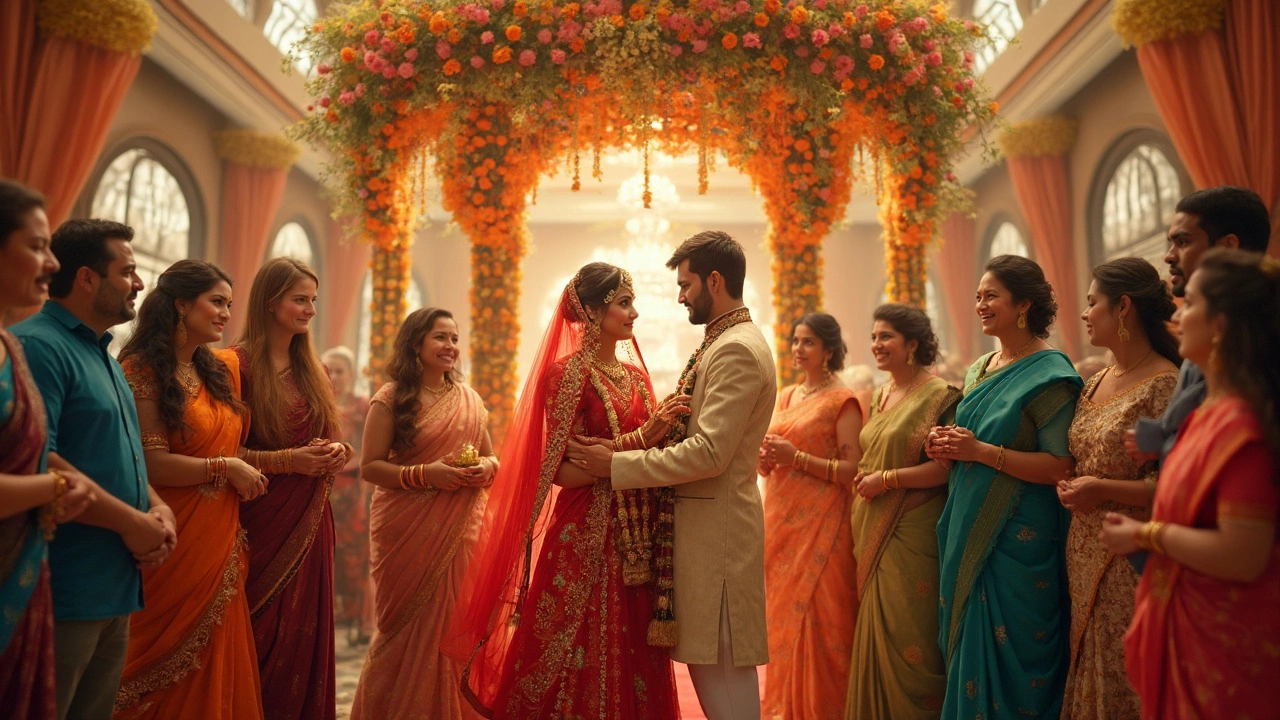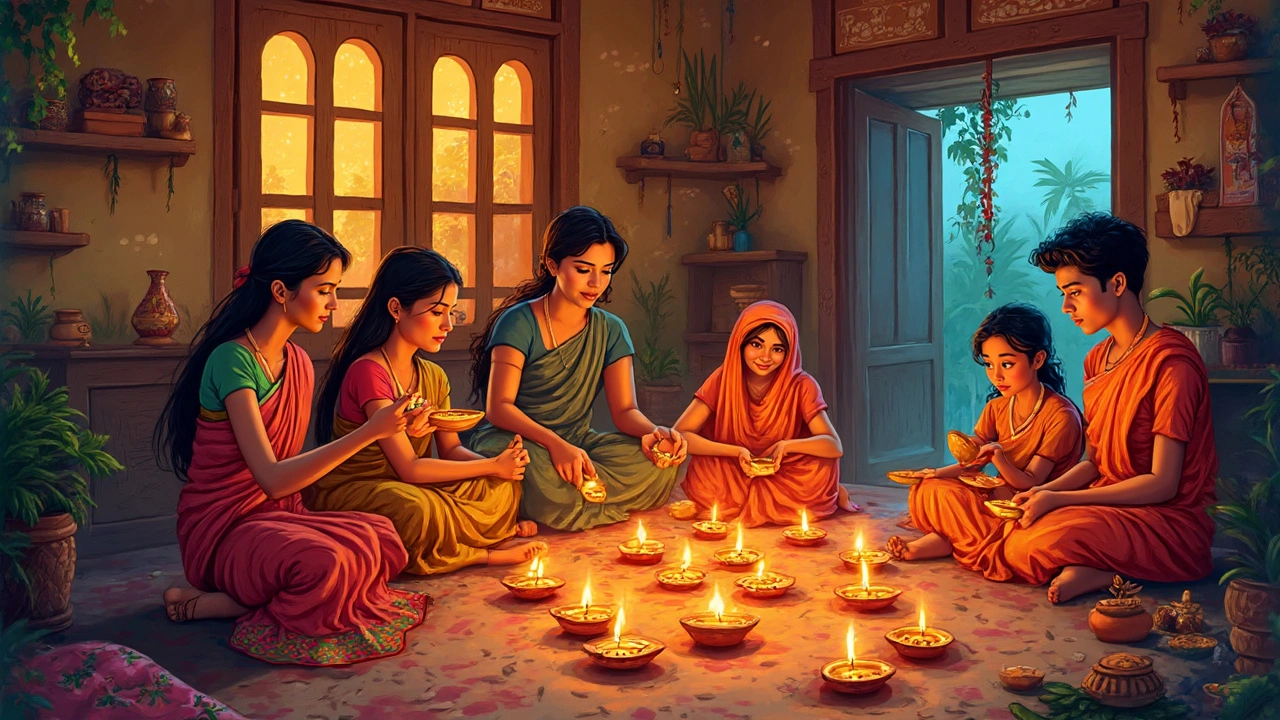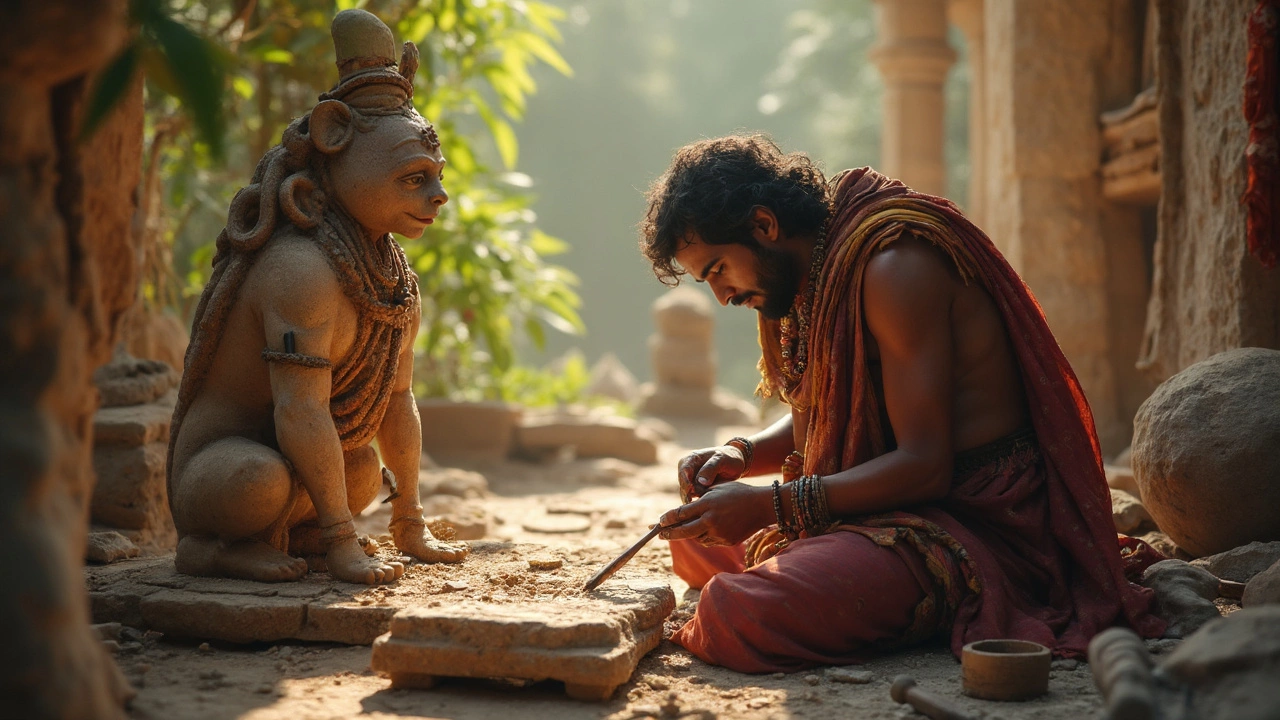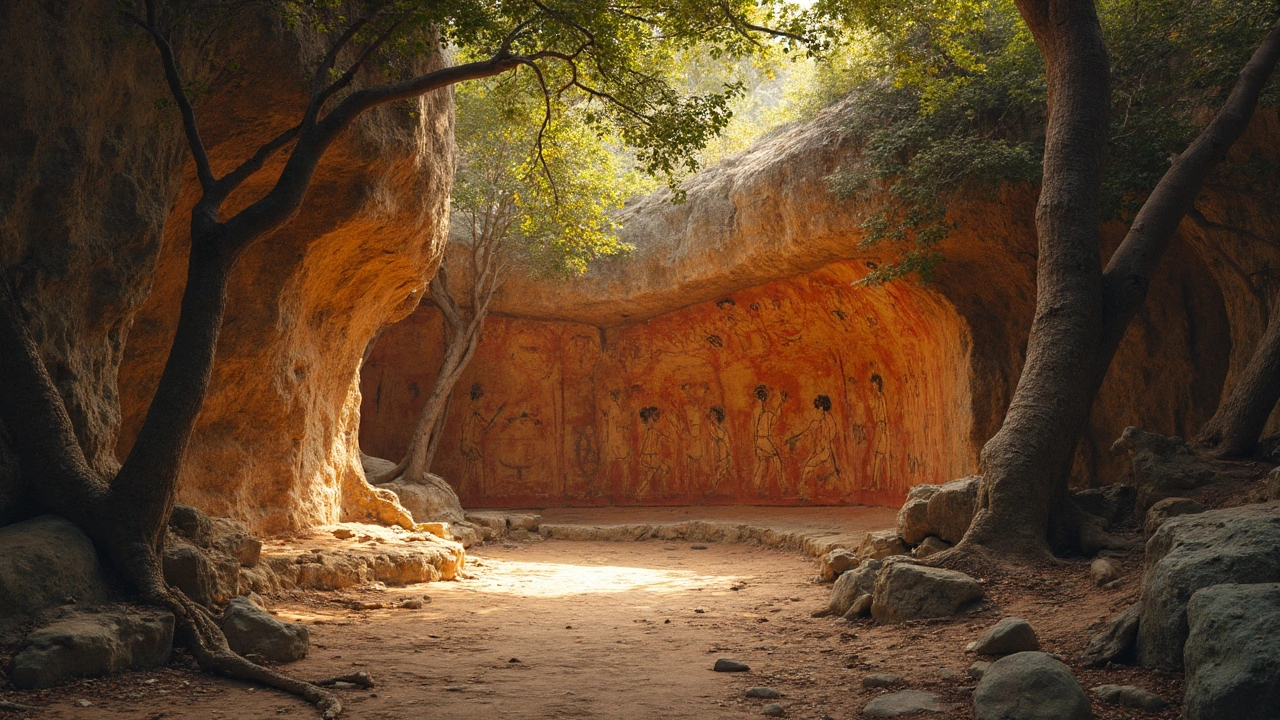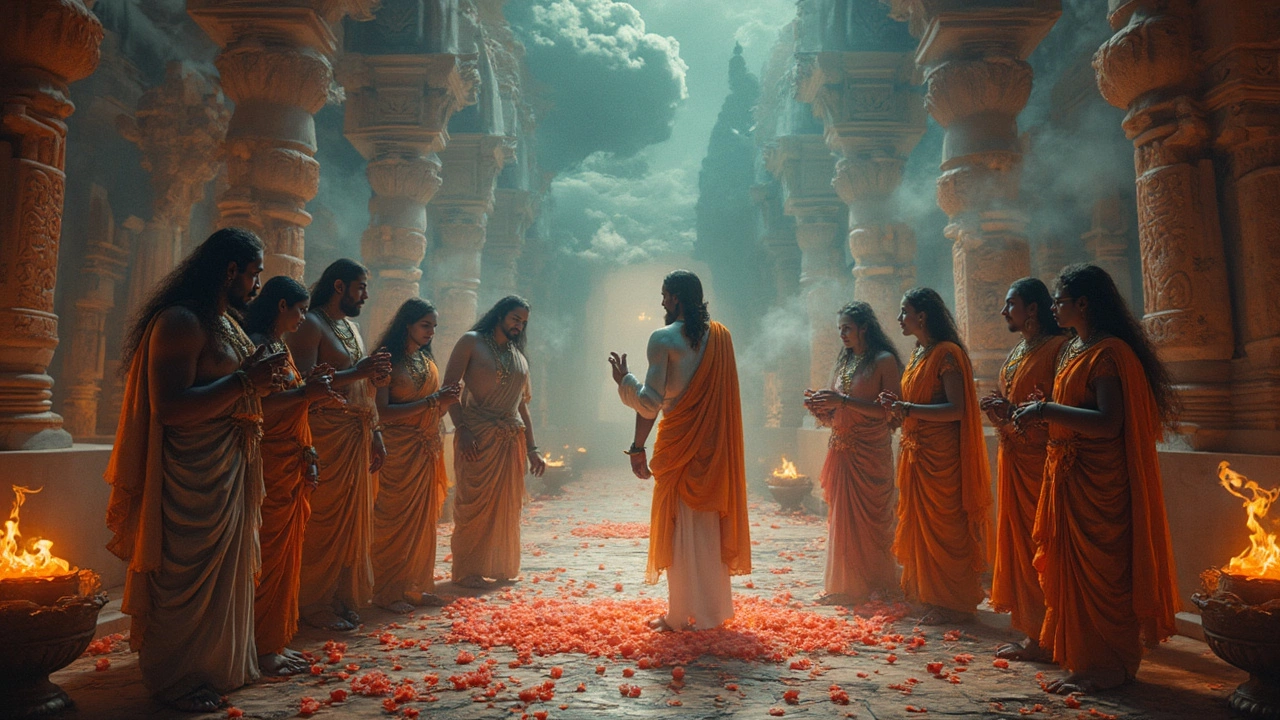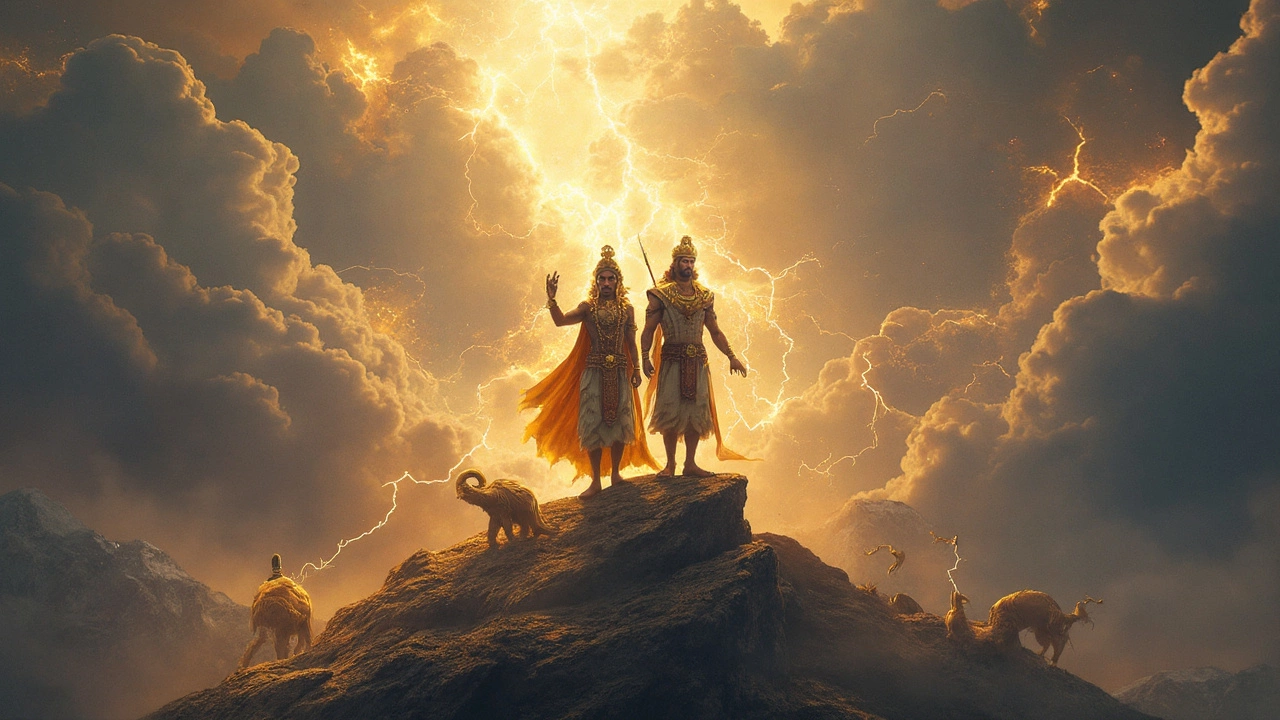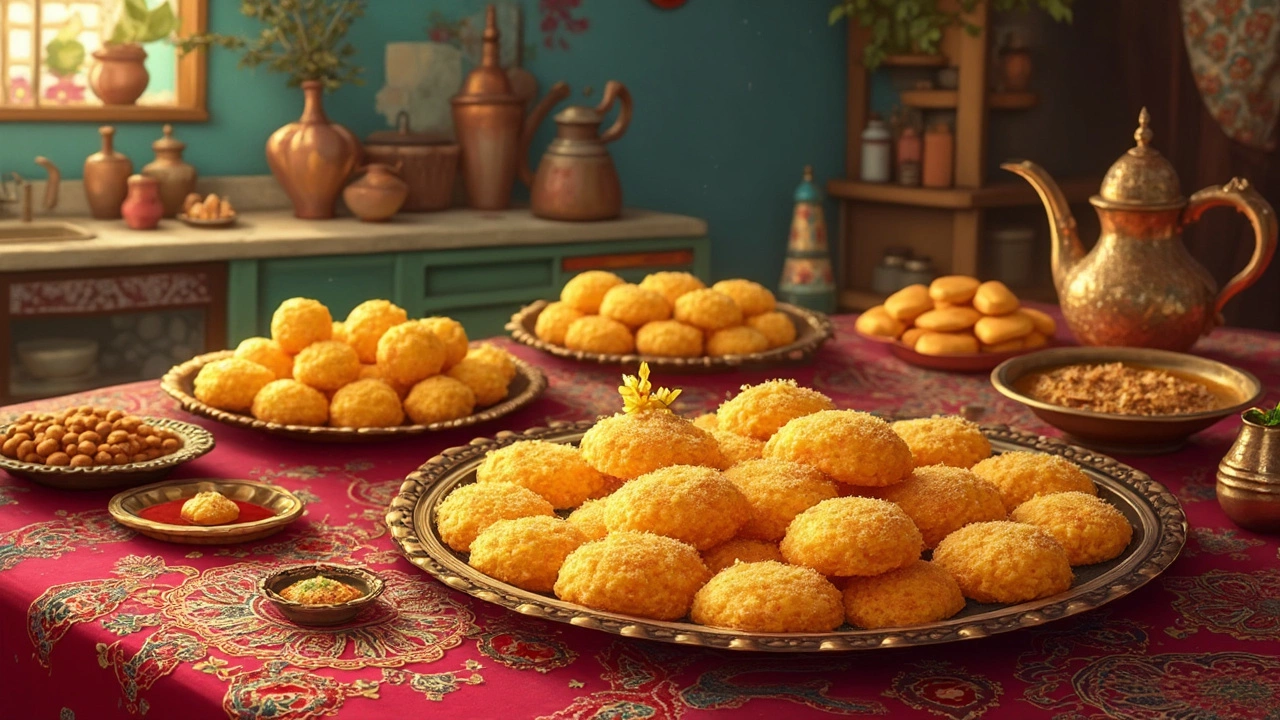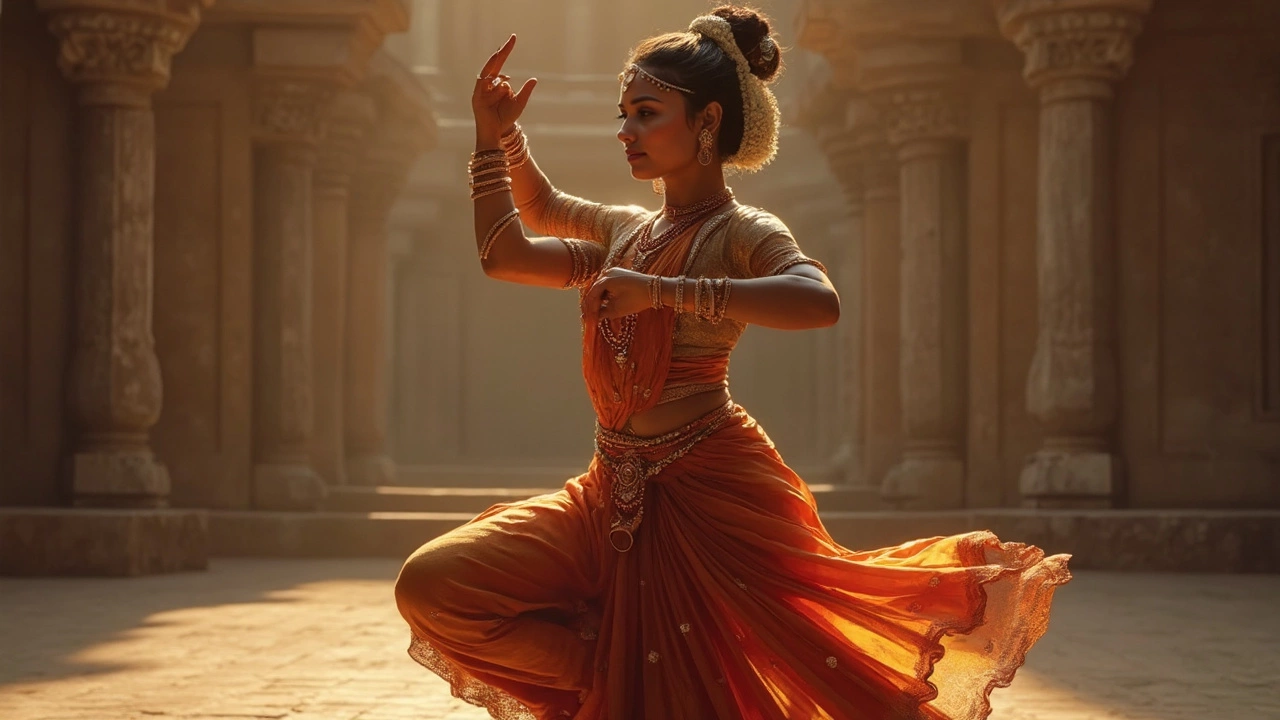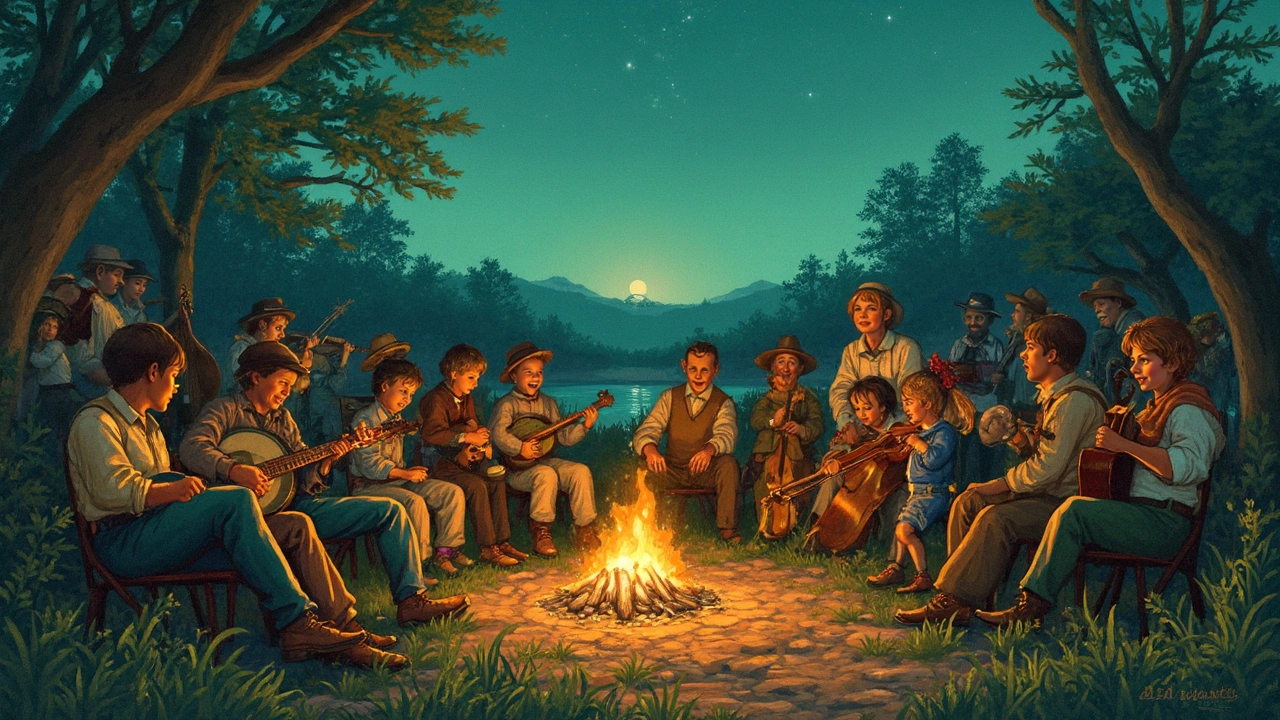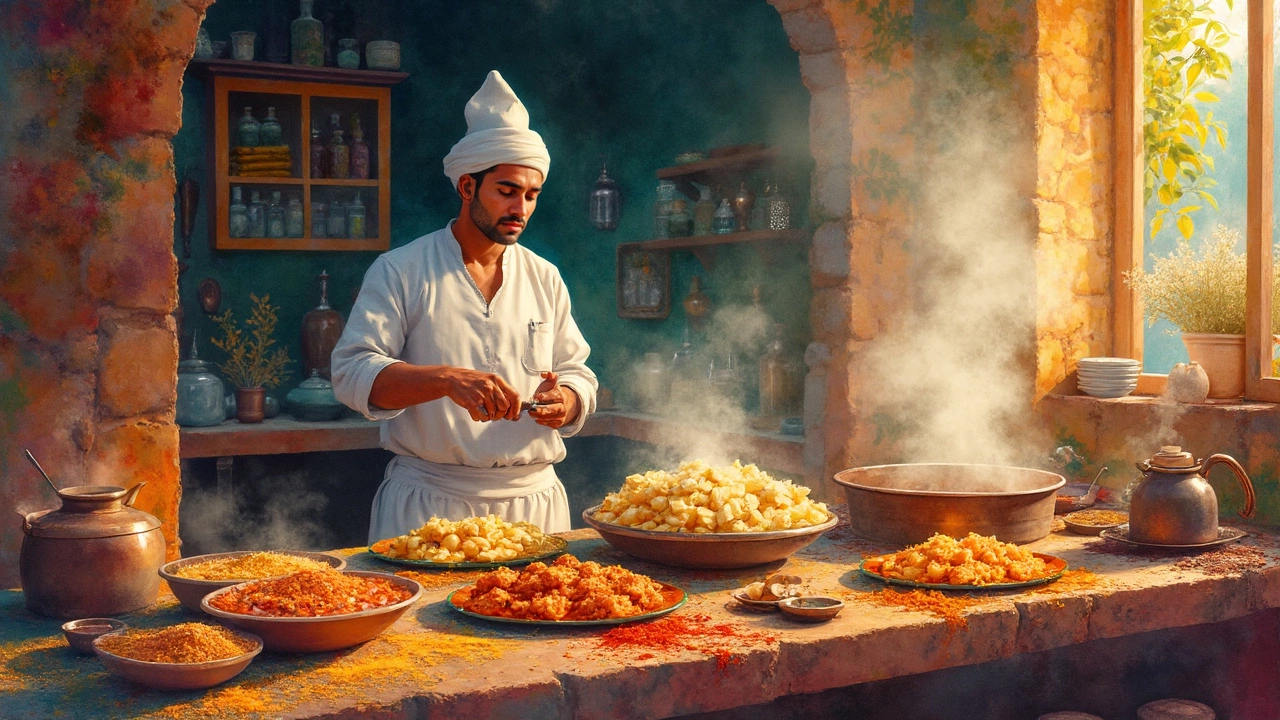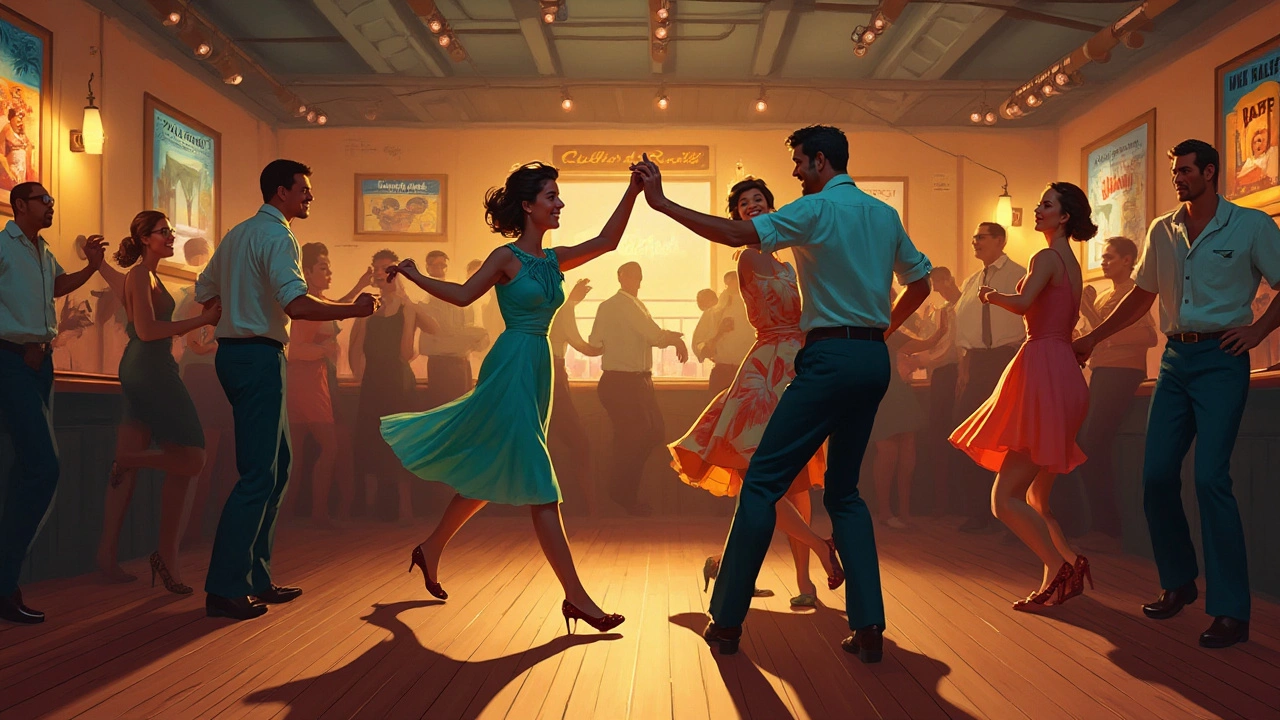Tamil Culture in 2025: Festivals, Food, and Folk Traditions
When you think of Tamil culture, the vibrant traditions, language, and spiritual practices of the Tamil people in southern India. Also known as Dravidian heritage, it isn’t just about temples and classical dance—it’s a living system shaped by centuries of art, food, and belief. From the rhythmic beats of temple drums to the sweet-savory balance of Tamil meals, this culture holds deep roots that connect everyday life to ancient rituals. What makes it stand out is how it holds onto tradition while quietly adapting—like how Diwali, though not originally a Tamil festival, is now lit up in homes across Tamil Nadu with the same joy as in Bengal or Gujarat.
Food plays a huge role in this identity. While Tamil cuisine leans on tamarind, lentils, and rice, it shares surprising overlaps with other regional dishes—like how Gujarati food, a cuisine known for its sweet-spicy balance and use of jaggery and chili. Often mistaken for being mild, it isn’t far from Tamil flavors in its clever use of sugar and spice to create harmony. Meanwhile, Hindu mythology, the rich web of gods, stories, and moral teachings that shape spiritual life across India. It doesn’t stop at Shiva or Vishnu—it includes how Hindus view Jesus, or why Zeus feels familiar when compared to Indra. These aren’t random comparisons; they show how cultures borrow, blend, and reinterpret divine ideas. And under it all, there’s a deep respect for history: the Bhimbetka rock shelters, some of the oldest human-made artworks on Earth, dating back over 30,000 years. They remind us that creativity isn’t new—it’s been part of our DNA since the first humans painted on cave walls.
What you’ll find in this archive isn’t just a list of articles—it’s a map of how culture moves. You’ll see how dance styles like the Shag or regional Indian forms challenge the body and mind, how ancient Indian art connects to modern identity, and how food traditions evolve without losing their soul. Whether you’re curious about why a sweet from Gujarat matters, how a Tamil family might celebrate Diwali, or what Jesus means in a Hindu context, these stories show culture as something alive—not frozen in time. This collection doesn’t just describe traditions; it lets you walk through them.
In the fascinating world of Indian mythology, gods from different pantheons might seem to share traits and stories. While Zeus is the mighty ruler of the Greek gods, he shares some similarities with Hindu gods, notably Indra, the king of gods. This article explores these intriguing parallels, focusing on their roles, powers, and stories to uncover how different cultures perceive divine narratives. By looking into their mythologies, readers can discover how societies explain the universe and human life through their gods' stories.
